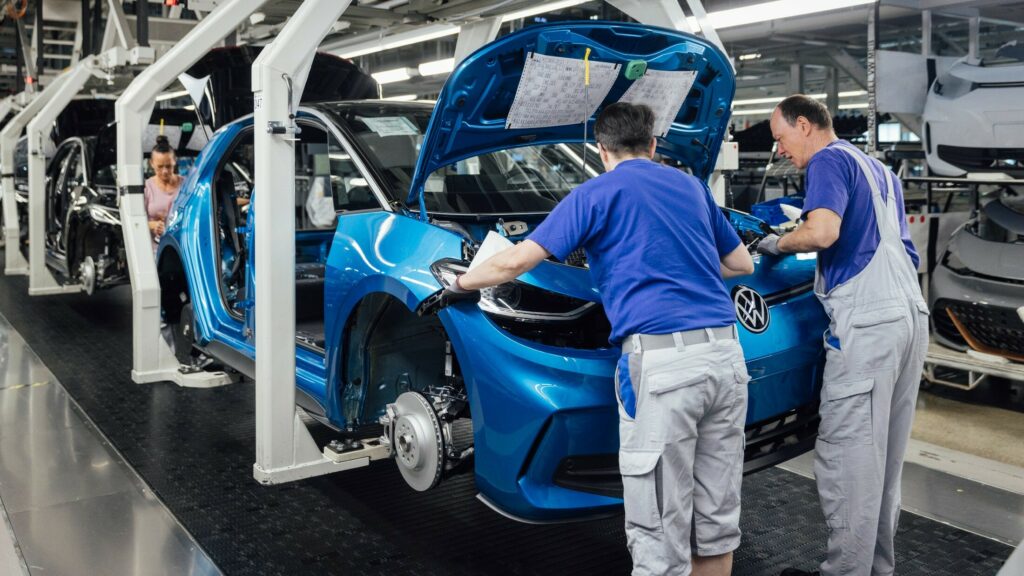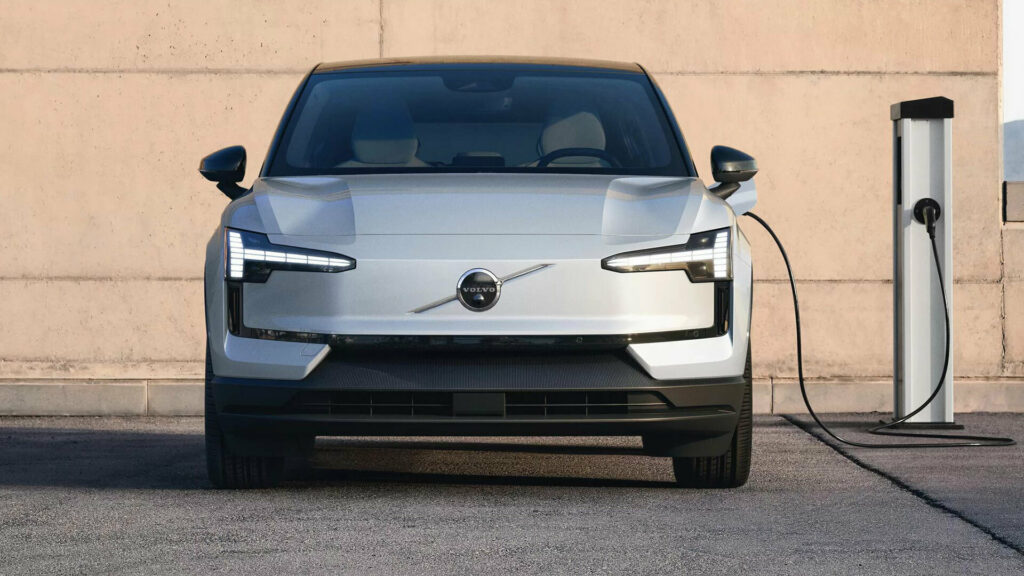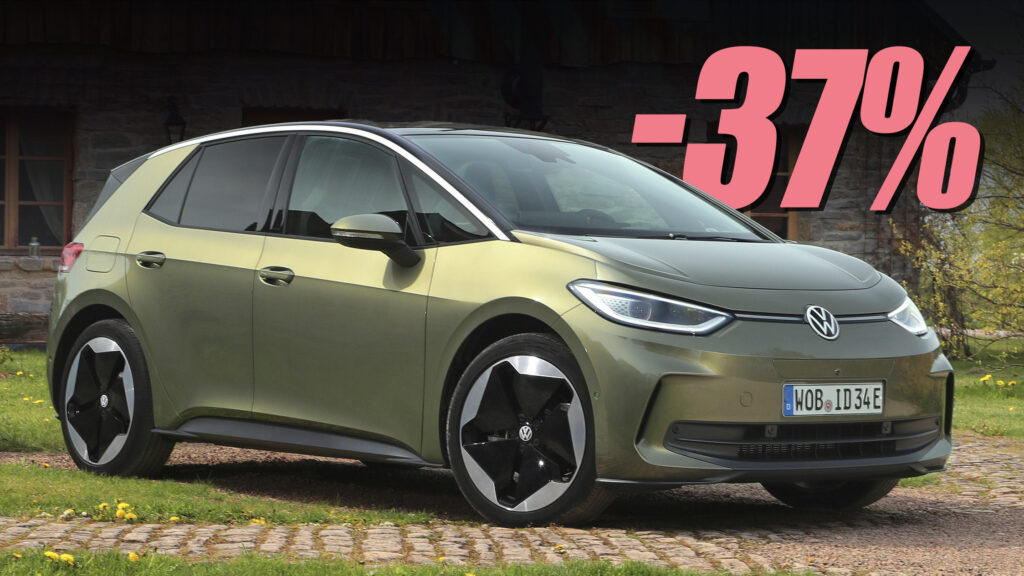- Germany saw 30,762 EV registrations in July 2024, a 36.8% drop from July 2023.
- The EV market share in Germany fell to 12.9% from 20% in the past year due to subsidy cuts.
- Other markets, including Sweden and Switzerland, also saw a decline in EV sales.
Sales of fully electric cars in Germany plummeted 37 percent in July 2024 compared to the same month last year. This is the biggest drop since the local government cut EV incentives last December, making automakers and suppliers worried about their huge investments on electrification.
According to the data shared by Germany’s Federal Motor Transport Authority, there was a total of 238,263 new passenger car registrations (-2.1%) this July. This number includes 83,405 gasoline cars (+0.1%), 79,870 HEVs/PHEVs (+18.4%), 43,107 diesels (+1.4%), 30,762 EVs (-36.8%), 1,078 LPG-powered cars (+8.8%), and just 3 CNG-powered cars (-98.6%).
More: Europe’s Biggest Battery Producer Could Switch To Static Storage Due To Weak EV Demand
Indicative of the slowdown is that the EV share in the German market fell to 12.9 percent in July, from 20 percent one year ago. These results are bad news for those who wished for a recovery, following a rather slow first quarter of the year, with a 16.4 percent drop in EV sales in Germany.
Besides the lack of subsidies which made EVs more expensive, analysts also blame the shortage of affordable electric cars currently available in the market. Naturally, the EV slowdown forces automakers to reconsider their future plans and killing off combustion engines just yet, making it harder for them to comply with EU’s strict emission regulations.

Patrick Hummel, an analyst at UBS, said that VW‘s earnings may be reduced by €2 billion ($2.2 billion) next year as a result of the slow demand for EVs. The automaker recently announced a delay on its battery production schedule and is cutting down production in EV plants.
As reported by Bloomberg, French company Valeo SE, is trying to sell two of its factories, which operate much lower than their capacity. Another French supplier called OPmobility revealed that EV output was “roughly half of what manufacturers had been expecting”. In a similar context, LG Energy Solution, the biggest supplier of EV batteries in Europe, is considering moving into the static storage production in order to remain afloat.
More: VW To Postpone Launch Of Next-Gen EVs Due To Software Problems
Constantin Gall, a consultant at Ernst & Young (EY) commented on the plummeting EV sales in Germany: “The ramp-up of e-mobility is proving to be unsustainable so far. The market has lost all momentum and many customers doubt the prospects of electric cars.”
Besides Germany, which is the biggest car market in Europe, other countries also experience a slow demand for EVs. Sweden, which is considered an EV leader among European markets, also recorded a significant drop of 15 percent in July’s EV registrations. In a similar context, EV sales fell by 19 percent in Switzerland, another strong market for zero-emission vehicles.





